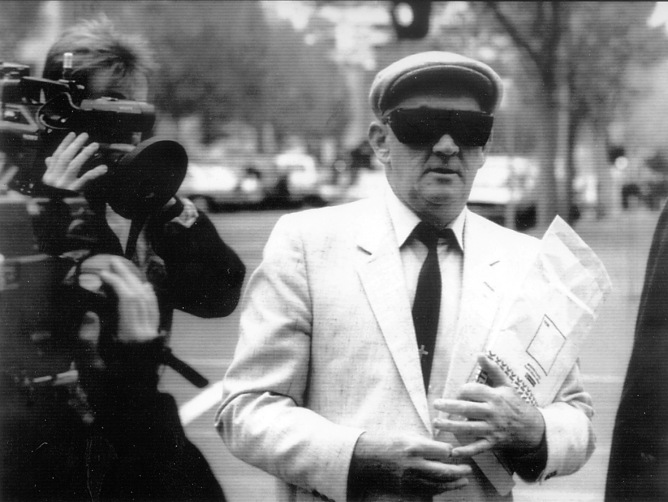Compromised Inquiry into Church Sex Crimes Disrespects Victims
By Judy Courtin
Victorian victims of clergy sex crimes and their families have been fighting for justice for years – some for decades. The previous Labor state government did nothing for them. The Baillieu government, despite being dragged kicking and screaming all the way, has succumbed to mounting public pressure and announced a parliamentary inquiry into the way in which religious and other organisations handle sexual abuse complaints. The announcement came initially as a relief for victims and their families and, being a first for Australia, it has been applauded. But the applause should not go the government, but to the victims, their families and the many workers behind the scenes who have been pushing for justice in this area for years. Scratching the surface of this inquiry, though, reveals multiple fundamental inadequacies. This is harmful to the victims. They are telling me they feel let down yet again. Their decades of grief, loss, suffering and anguish are not being met with the respect and regard that such an inquiry must deliver. The wrong inquiry The Premier, Ted Baillieu, claims a parliamentary inquiry is the most suitable form of inquiry because it will be “less formal and legalistic” than a Royal Commission and will, therefore, make it easier for victims to give evidence. This is nonsense – victims are neither afraid of, nor intimidated by, a Royal Commission. They have done nothing wrong. Only the wrongdoers could fear its formality and legalistic nature. Another substantial concern is the politicisation of this inquiry. Already there is dissent and an exchange of cheap shots across the dispatch box in Parliament. The “party line” is interfering and damaging to what are very serious matters. It is a disgrace. Following the revelations last weekend in The Age of (additional) suicides in the parish of Gardenvale, four further suicides have been reported. The reports of these deaths are constant. The terms of reference for the parliamentary inquiry are manifestly silent on the issue of suicides and premature deaths. Certainly, the details of the known suicides must be handed over to the Coroner, but it is not the Coroner’s role to determine, for example, the prevalence and incidence of all Catholic clergy-related suicides and premature deaths and their surrounding circumstances. This is an urgent task for any inquiry and one that must be carried out for the deceased victims’ families and to prevent further deaths. But at the moment, priority cannot be given to this shocking issue because the existing committee’s powers are truncated. Our government is responsible for getting this right. Putting victims at risk The many thousands of files and documents held by the church will require close examination and scrutiny. How will a committee of six that is already running two other inquiries, assuming they even have the requisite forensic expertise, have the time and resources to complete such tasks? The lame threat of sanctions for the non-production of documents may place victims at risk of being called liars, yet again, and would severely diminish the strength of the committee’s investigatory powers. This would be profoundly unsatisfactory and damaging to victims, yet again. The inquiry is vested with the discretionary power to conduct hearings in private where it considers it appropriate either “in the interests of victims” or “for other reasons”. But what sorts of other reasons? Such broad discretionary powers could interfere with the delivery of justice. Heads must roll The church has covered up its crimes for decades. The crimes themselves were committed behind closed doors. Information about the offenders, their crimes and their shifts from parish to parish, has also been kept secret. There should be no opportunity for the church to argue a case for a private hearing – their crimes, the cover-up and the truth must come out. A parliamentary inquiry of this type is tertiary abuse for the victims. The primary abuse was the sex crimes. The secondary abuse stems from the church’s ongoing vulgar treatment of the victims. And now, the government has given them another kick in the guts. Any inquiry that is to comprehensively deal with the Catholic Church must parallel its wealth and its legalist, adversarial and arrogant modus operandi. Heads need to roll. Prosecutions are needed. The church must be held accountable for the decades of crime and concealment, and for the premature deaths and suicides. That victims and their families need and deserve a well-resourced, uncompromising, forensically sound Royal Commission, is not negotiable.
|
.
Any original material on these pages is copyright © BishopAccountability.org 2004. Reproduce freely with attribution.
